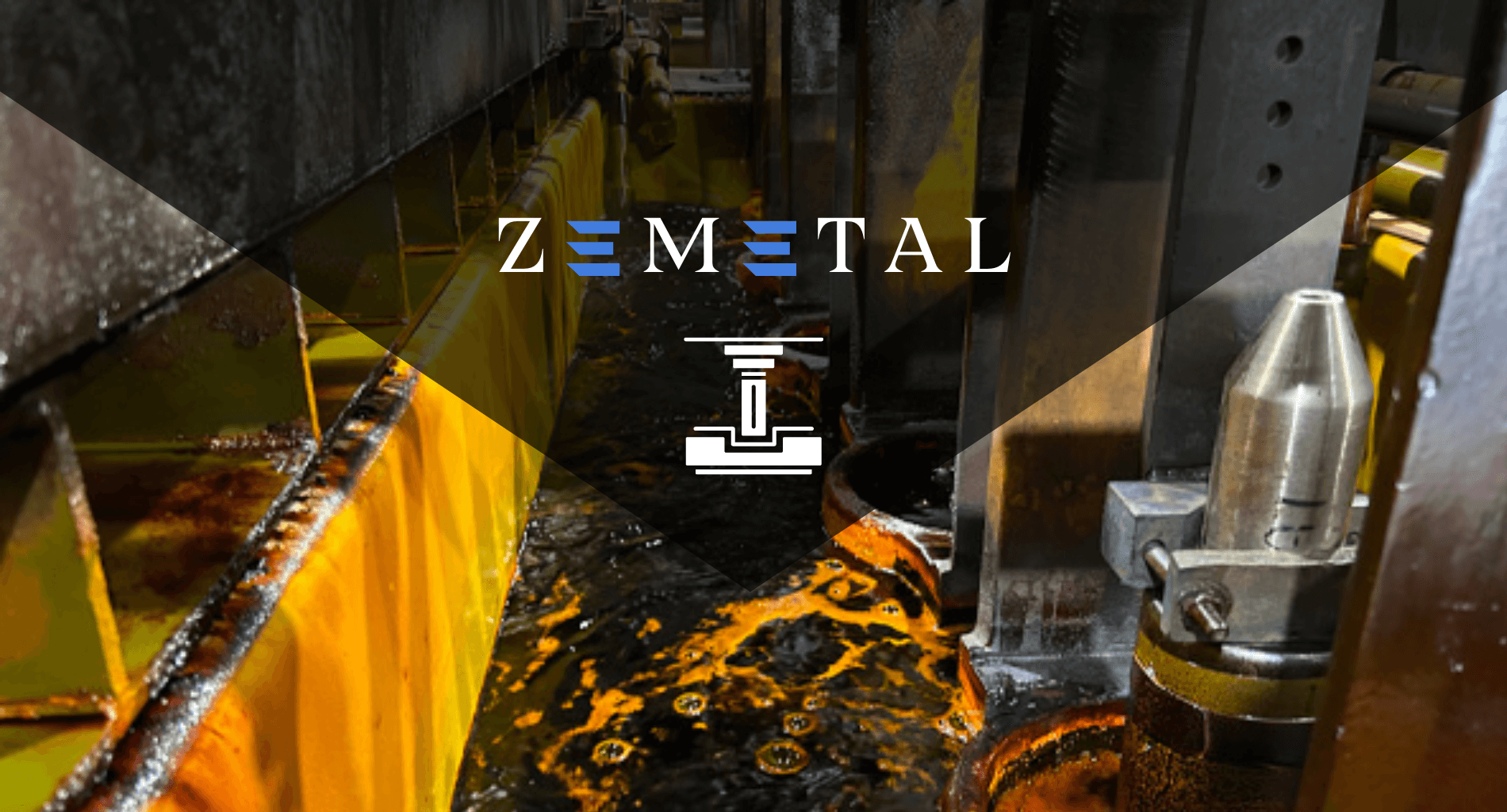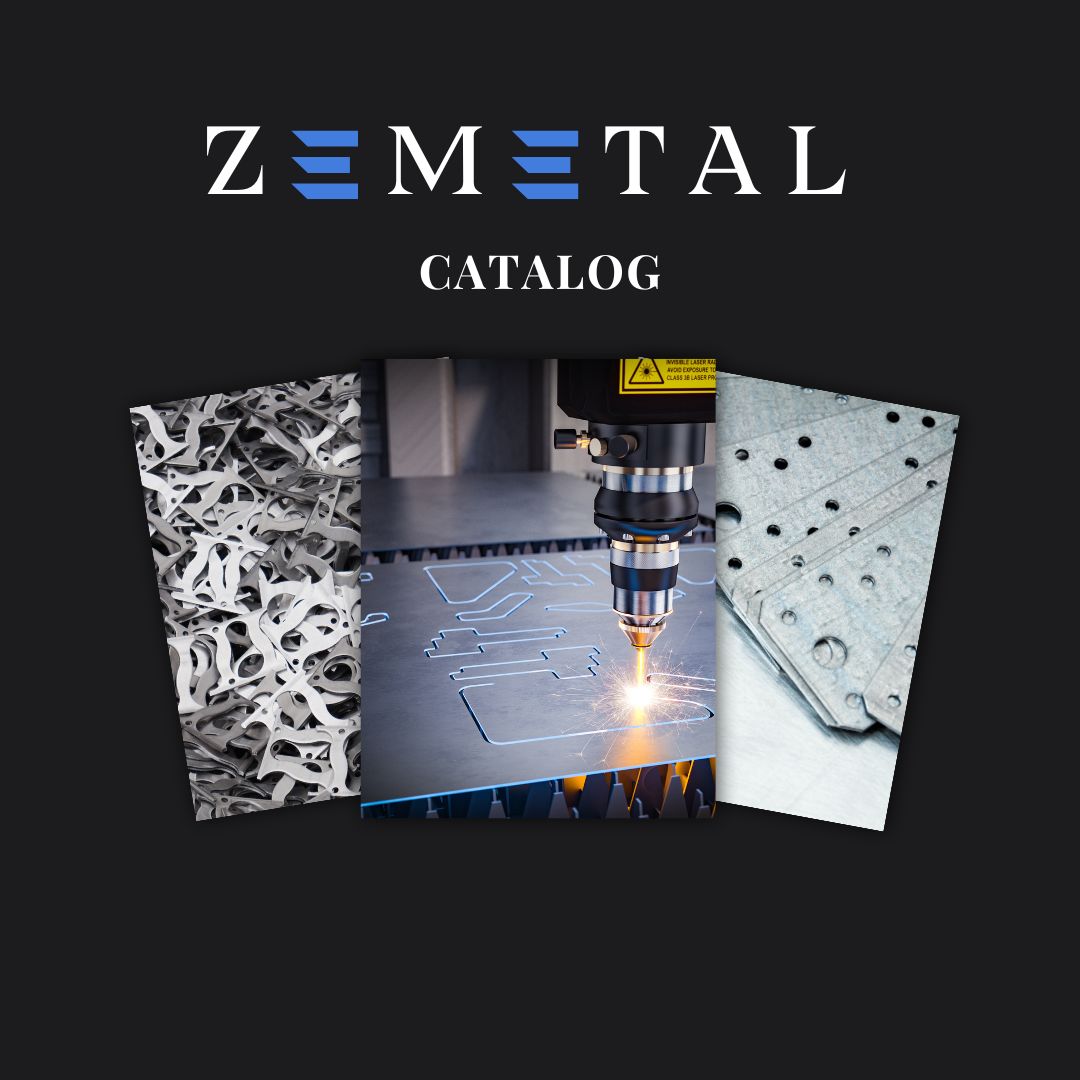Wondering how sheet metal services can transform your business operations? The impact is substantial and far-reaching.
As experts in the field of metal fabrication, our insights and guidance are rooted in extensive industry experience and a deep understanding of your business needs.
Sheet metal services, a vital component in the metal fabrication sector, offer unparalleled versatility and efficiency. They stand as a testament to our commitment to quality, catering to a diverse range of industrial requirements.
In this guide, we’ll comprehensively cover the essentials of sheet metal services, highlighting their significance and how they can be effectively utilized in your business.
Read on to discover the game-changing benefits of sheet metal services.
1. Understanding Sheet Metal Services
Sheet metal services are a critical aspect of modern manufacturing, involving precise techniques such as cutting, bending, and assembling. These processes transform sheets of metal into diverse, functional products used across various industries. The real strength of sheet metal services lies in their flexibility to work with different materials like steel, copper, or aluminum, making them suitable for a range of applications.
From detailed parts in electronics to robust components in construction, they cater to specific requirements with precision. This adaptability not only addresses unique project demands but also ensures high-quality outcomes every time. Additionally, the integration of advanced technology in these services has enhanced efficiency, making them a cost-effective choice for both large-scale and customized projects.
2. Types of Sheet Metal Services
Building on our understanding of sheet metal services, these processes are critical in various industries. Here are some of the key types that are essential in the industry, each with its unique applications and benefits:
Fabrication
Sheet metal fabrication, essential for custom projects with specific dimensions and shapes, is a process of cutting, folding, and shaping. It’s vital in industries like automotive manufacturing for creating unique body parts, demonstrating precision and adaptability. This importance is mirrored in market trends, with the global sheet metal fabrication services market projected to reach US$19.6 Billion by 2030, as per market research.
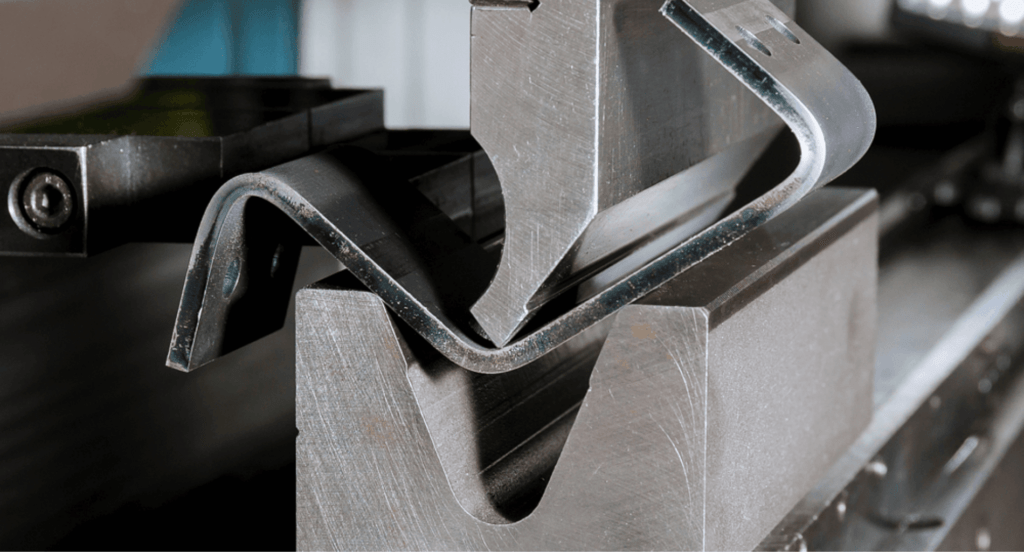
Finishing
Finishing is a vital stage in sheet metal services, where the focus is on enhancing both the aesthetic appeal and durability of the metal products. Techniques like powder coating, anodizing, and electroplating are used to provide additional protection against environmental factors and corrosion. Zemetal excels in offering these finishing processes, ensuring that each piece not only meets but exceeds quality standards.
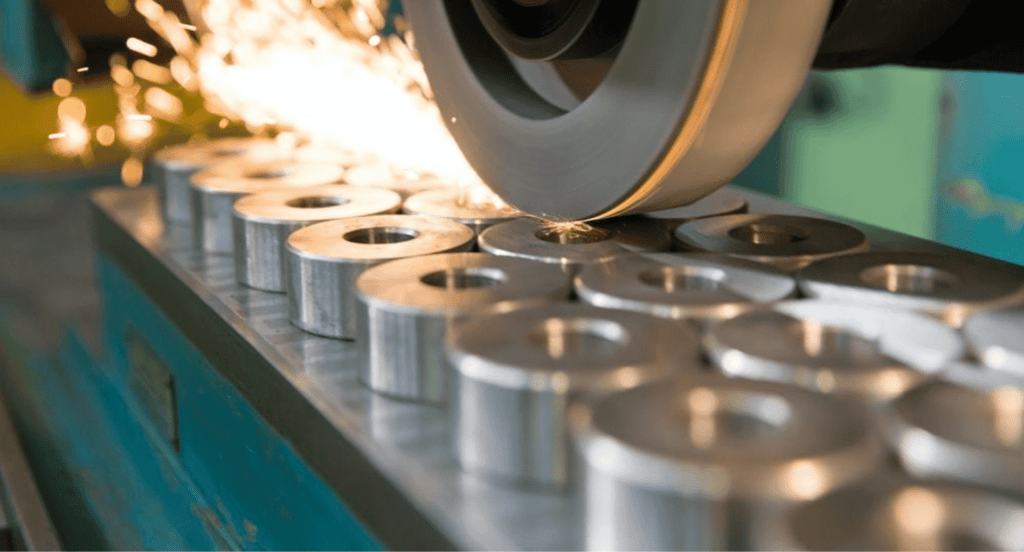
Prototyping
Prototyping is a critical service for testing design concepts before mass production. It involves creating a small batch of components to evaluate their functionality and design. This service is invaluable for industries like aerospace, where a prototype of a component can be tested for performance before being approved for production. It’s always thrilling to see a prototype match the envisioned design.
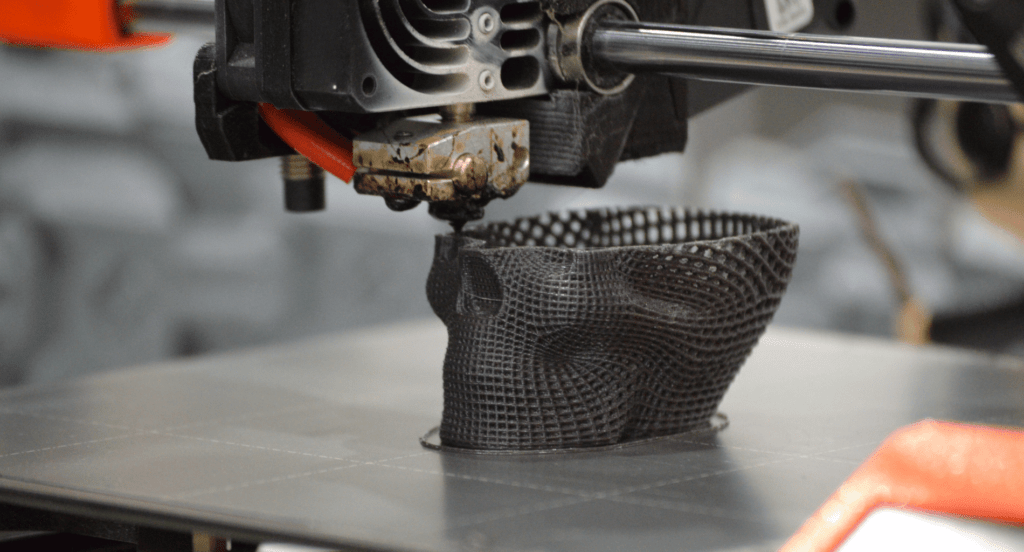
3. Materials Used in Sheet Metal Services
In the realm of sheet metal services, the choice of material is as crucial as the techniques used. Different materials offer unique properties and suitability for various applications. Let’s explore some of the most commonly used materials in this industry, each bringing its own set of advantages to the table:
Steel
Steel is a staple in sheet metal fabrication due to its strength and durability. It’s particularly favored in construction and automotive industries for its ability to withstand high stress and environmental factors. The versatility of steel, available in various grades and finishes, makes it a reliable choice for a wide range of applications.

Copper
Copper is highly valued in sheet metal services for its excellent electrical conductivity, making it a prime choice for electrical components. Its natural resistance to corrosion and ease of workability also make it popular in plumbing and architectural applications. Copper’s distinct aesthetic appeal adds an extra layer of value, especially in decorative pieces.
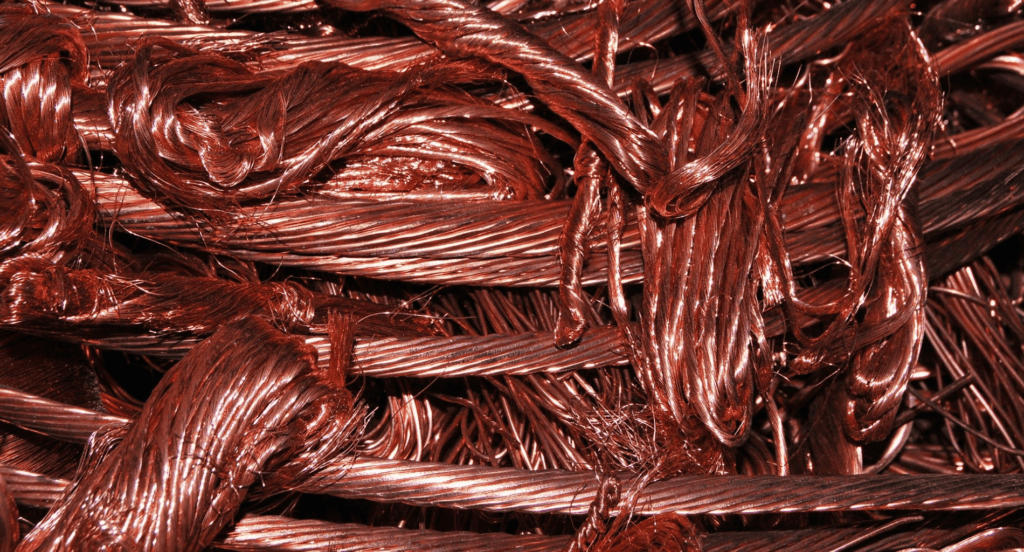
Brass
Brass, an alloy of copper and zinc, is known for its unique color and finish, often used in decorative applications. Its resistance to corrosion, along with its malleability, makes brass a versatile choice for a variety of uses, including in musical instruments, hardware, and ornamental objects. Working with brass often brings a unique blend of functionality and beauty to projects.
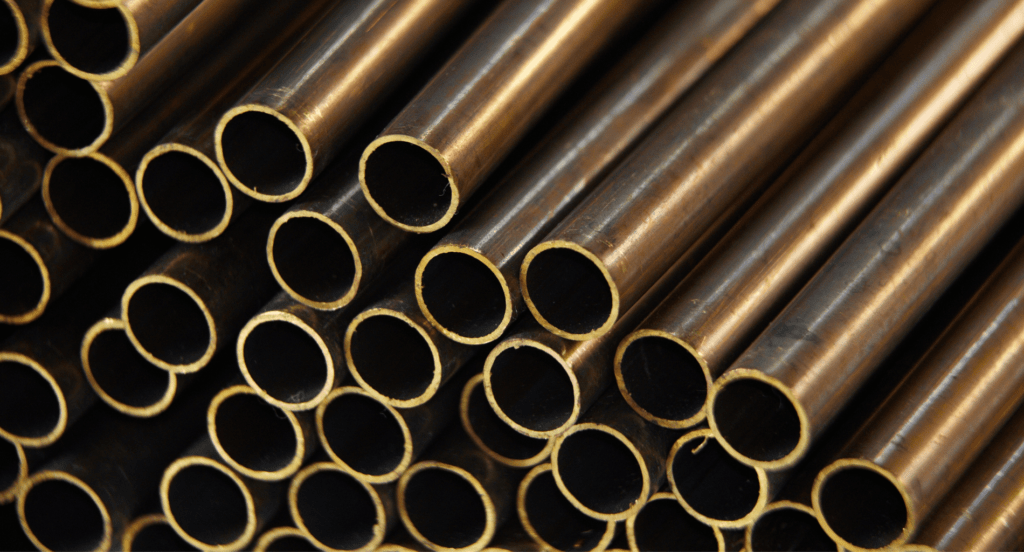
Galvanized Steel
Galvanized steel, known for its enhanced corrosion resistance, is steel coated with a layer of zinc. This makes it ideal for outdoor applications, such as in construction and automotive industries. Its ability to withstand harsh weather conditions while maintaining structural integrity is a key factor in its widespread usage.
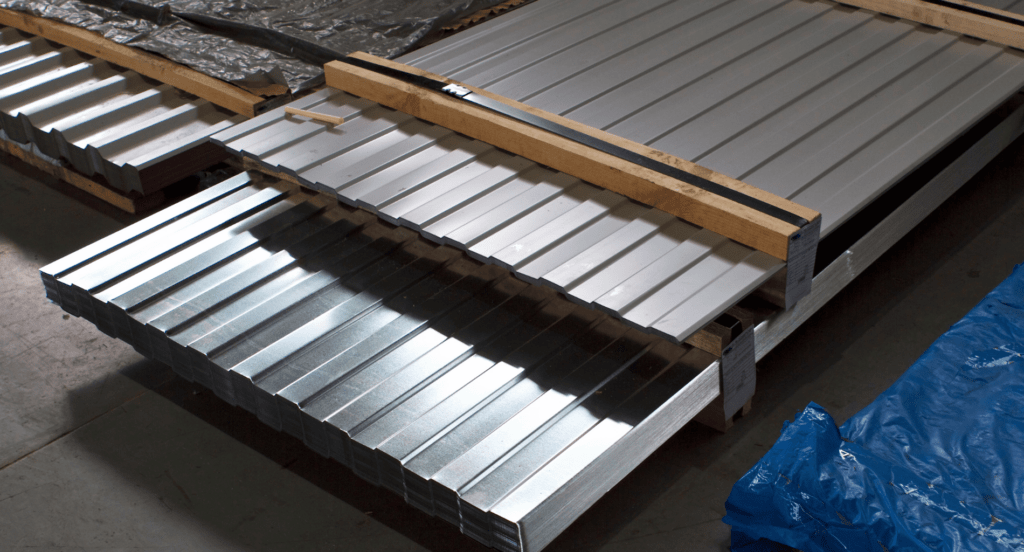
4. Advanced Technologies in Sheet Metal Service
In the rapidly evolving landscape of sheet metal service, technological advancements play a pivotal role. They not only streamline processes but also enhance the quality and capabilities of the final products. Let’s take a look at cutting-edge technologies significantly impacting the field:
Waterjet Cutting
Waterjet cutting is a powerful technology using high-pressure water mixed with abrasives to cut through various metals. Its precision and ability to cut without inducing heat stress on the material make it ideal for delicate or heat-sensitive projects. This method is perfect for creating intricate designs and shapes with a smooth finish.
CAD/CAM Software
Computer-Aided Design (CAD) and Computer-Aided Manufacturing (CAM) software have transformed the planning and execution of sheet metal projects. These tools enable precise design, efficient material usage, and accurate programming of machinery. The transition from paper sketches to digital designs has significantly enhanced the efficiency and accuracy of the fabrication process.
Fiber Laser Technology
Fiber laser technology represents a significant advancement in cutting efficiency and energy consumption. Its focused laser beam offers exceptional precision, making it suitable for detailed and complex cuts. This technology is particularly beneficial in high-speed cutting of thin to medium-thick metals, ensuring high-quality results with reduced energy use.
5. Cost Analysis of Sheet Metal Services
As we transition from discussing advanced technologies in sheet metal services, it’s important to consider how these advancements impact costs. Here, we’ll specifically break down labor and material costs, which are key components in determining the overall expense:
Labor Cost
Labor costs in sheet metal services can vary widely depending on the complexity of the task and the skill level required. For example, specialized work like precision laser cutting may cost around $75 to $150 per hour, reflecting the expertise and technical knowledge needed. These costs are influenced by factors like the region, the experience of the technicians, and the time required to complete the job.
Material Cost
The cost of materials in sheet metal services is determined by the type of metal used and its market price. For example, stainless steel sheets might cost between $150 to $350 per square meter, depending on thickness and grade. Material costs can fluctuate based on global market trends, availability, and any special treatments or finishes required. Understanding these costs ensures material selection meets project needs and budget.
6. Quality Control and Standards in Sheet Metal Services
In sheet metal services, rigorous quality control and strict standards adherence are crucial, ensuring product reliability and safety. Let’s explore the key aspects of quality control and standards essential for maintaining top-tier service excellence:
Inspection and Testing
In the field of sheet metal services, inspection and testing are detailed processes crucial for ensuring product quality. These include precision measurements to verify dimensions align with design specifications, surface inspections for detecting any imperfections, and stress tests to evaluate structural resilience. Techniques like X-ray imaging and ultrasonic testing are also employed to identify internal defects.
Process Standardization
Standardization of processes, based on guidelines from organizations like American Society for Testing and Materials (ASTM) or American National Standards Institute (ANSI), is critical for consistency and precision. This involves setting defined parameters for cutting, bending, welding and finishing processes. Adhering to these standards guarantees uniform manufacturing and meets set quality benchmarks.
This table outlines the role of process standardization in manufacturing, emphasizing the importance of defined parameters and adherence to established standards in cutting, bending, welding, and finishing processes to ensure uniform manufacturing and meeting set quality benchmarks.
| Process Aspect | Standardization Description | Importance in Manufacturing |
| Cutting | Setting defined parameters for cutting techniques and tolerances. | Ensures precision and consistency in the dimensions of manufactured parts. |
| Bending | Standardized bending angles and radii. | Guarantees uniform shaping and avoids material stress or deformation. |
| Welding | Adherence to established welding standards and procedures. | Ensures strong and reliable joints, critical for structural integrity. |
| Finishing | Consistent application of finishing techniques. | Achieves uniform surface treatment, impacting both aesthetics and durability. |
| Quality Benchmarks | Meeting quality standards set by ASTM, ANSI, or similar organizations. | Provides assurance of product reliability, safety, and performance. |
Continuous Improvement
Continuous improvement in processes and techniques is key to maintaining high-quality standards. This involves regular training, updating equipment, and adopting new methodologies. This commitment to constant improvement is not just about keeping up with industry trends; it’s about setting new benchmarks for quality and efficiency.
7. 3 Tips for Choosing the Right Sheet Metal Service Provider
Understanding the role of quality control and standards in sheet metal services is key. The next crucial step is choosing the right service provider, a decision that greatly affects your project’s success. Here are essential tips to help select a provider matching your project’s needs and quality standards:
#1 Evaluate Customer Service and Communication
Effective customer service and clear communication are critical factors in selecting a sheet metal service provider. Look for a company that responds promptly, provides clear and detailed information, and shows willingness to understand and meet your project requirements. A provider that values open dialogue ensures a smoother process and often leads to better project outcomes.
#2 Consider Flexibility and Customization
Select a provider known for their flexibility and ability to customize services to fit unique project needs. A provider such as Zemetal is adept at adjusting their offerings to align precisely with client specifications, ensuring that every project detail is meticulously addressed. This commitment to tailored solutions is a key factor in delivering outcomes that not only meet but often surpass the expectations of your project.
#3 Assess Technical Expertise
In choosing a sheet metal service provider, it’s crucial to evaluate their technical expertise. This involves reviewing their experience and their proficiency in various sheet metal techniques. A provider with a varied portfolio and successful track record in complex projects likely possesses the needed skills and knowledge for diverse project requirements. This expertise is a key indicator of their ability to deliver high-quality results.
Conclusion
Navigating through the complexities of sheet metal services can be challenging, but this guide has aimed to simplify and clarify the process. It provides a foundation for understanding the essential aspects and choosing the right service provider, ensuring success in your metal fabrication projects.
If you’re seeking a reliable and skilled sheet metal service provider, consider Zemetal for their expertise and commitment to quality. For more information or to start a conversation about your needs, contact us today.
Dive Deeper Into Our Resources
For some insightful reads, we’ve curated a list of recommended articles just for you:
Still haven’t found what you’re looking for? Don’t hesitate to contact us. We’re available around the clock to assist you.



